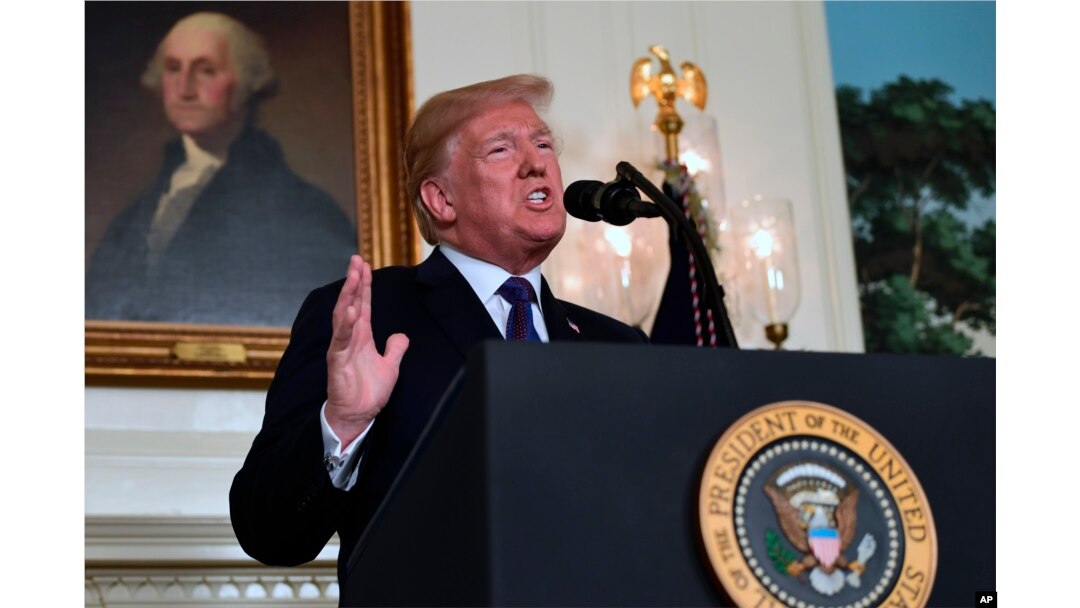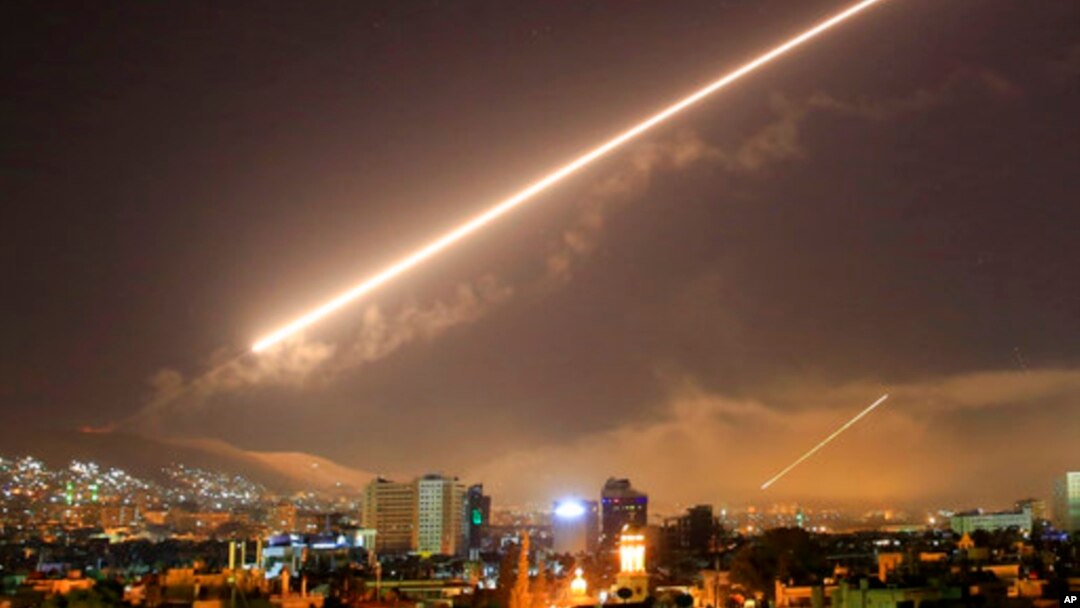The Trump administration’s recent airstrikes in Syria – just the latest action in a long-running conflict that has challenged U.S. presidents of both parties – has prompted a new round of questions on Capitol Hill.
Lawmakers are asking where last week's strikes fit in the larger U.S. strategy in response to Syrian President Bashar al-Assad and for greater clarity to prevent an escalation of the conflict.
“There needs to be a comprehensive strategy here laid out by the administration for Congress in terms of the options to pursue because of the urgency,” House Foreign Affairs Chairman Ed Royce said during a House panel Wednesday. “Does the administration support imposing costs on the Russians and the Iranians for their role in the Assad regime’s war crimes against its own people?”
In his speech announcing the air strikes to the American people Friday, President Trump said the United States is “prepared to sustain this response until the Syrian regime stops its use of prohibited chemical agents.” But later Friday, Defense Secretary Jim Mattis said the latest action against Assad was a “one-time shot.”

President Donald Trump speaks in the Diplomatic Reception Room of the White House, April 13, 2018, in Washington, about the United States' military response to Syria's chemical weapon attack on April 7.
Trump ordered Friday's strikes just weeks after saying the U.S. would “be coming out of Syria like very soon," reflecting changes in the administration’s posture in response to Assad’s reported use of prohibited chemical agents.
“We’re at a real risk here of conducting strikes without any clear strategy,” Brian Katulis, senior fellow at the Center for American Progress, told VOA.
“The Trump administration for the past several months has issued contradictory statements, with former Secretary of State Rex Tillerson and some diplomats saying that the U.S. troops inside Syria, in eastern Syria, would be dedicated to also countering Iran inside Syria. The Pentagon was saying something completely different – defeating ISIS and continuing that campaign,” he said.
Trump administration officials told a hearing of the House Foreign Affairs committee Wednesday the president’s goals in Syria remain clear.
“He wishes to see the U.S. continue and complete the campaign against ISIS in northeast Syria,” David M. Satterfield, the Acting Assistant Secretary Bureau of Near Eastern Affairs, told the panel, using an acronym for the Islamic State terror group.
“The president has also made clear he believes regional and local parties, regional and local forces, need to take on this struggle as they themselves are directly exposed to the consequences of a resurgence of ISIS," he said.
Much of the tension relating to Syria on Capitol Hill stems from lawmakers’ frustration that the president has not sought Congressional approval for the latest military action, putting off a discussion about broader goals.
Rep. Eliot Engel noted Congress was debating the same issue of Assad’s chemical weapons use last year.
A child cries as they have their face wiped following alleged chemical weapons attack, in what is said to be Douma, Syria in this still image from video obtained by Reuters on April 8, 2018.
“Why is history repeating itself?,” the ranking Democrat on the House Foreign Affairs Committee said Wednesday. “Even if the president intends for last week’s airstrike to be another one-off response, the White House is still past due in laying out a strategy for Syria to Congress and the American people.”
In last year’s defense spending bill, Congress asked the Trump administration to provide a strategy in Syria by February 1st. Engel noted that deadline has not been met.
But ultimately the reality is that the U.S. will not be able to commit large-scale resources to the conflict, Henry Kazianis, director of defense studies at the Center for the National Interest, told VOA.
“Bombs from the sky is very different than boots on the ground,”Kazianis said. “And if you were to do a regime change operation, you're talking hundreds of thousands of troops. This is not that type of reaction. This is a very focused strike for one purpose to make sure that countries around the world will not use weapons of mass destruction on a regular basis.”


